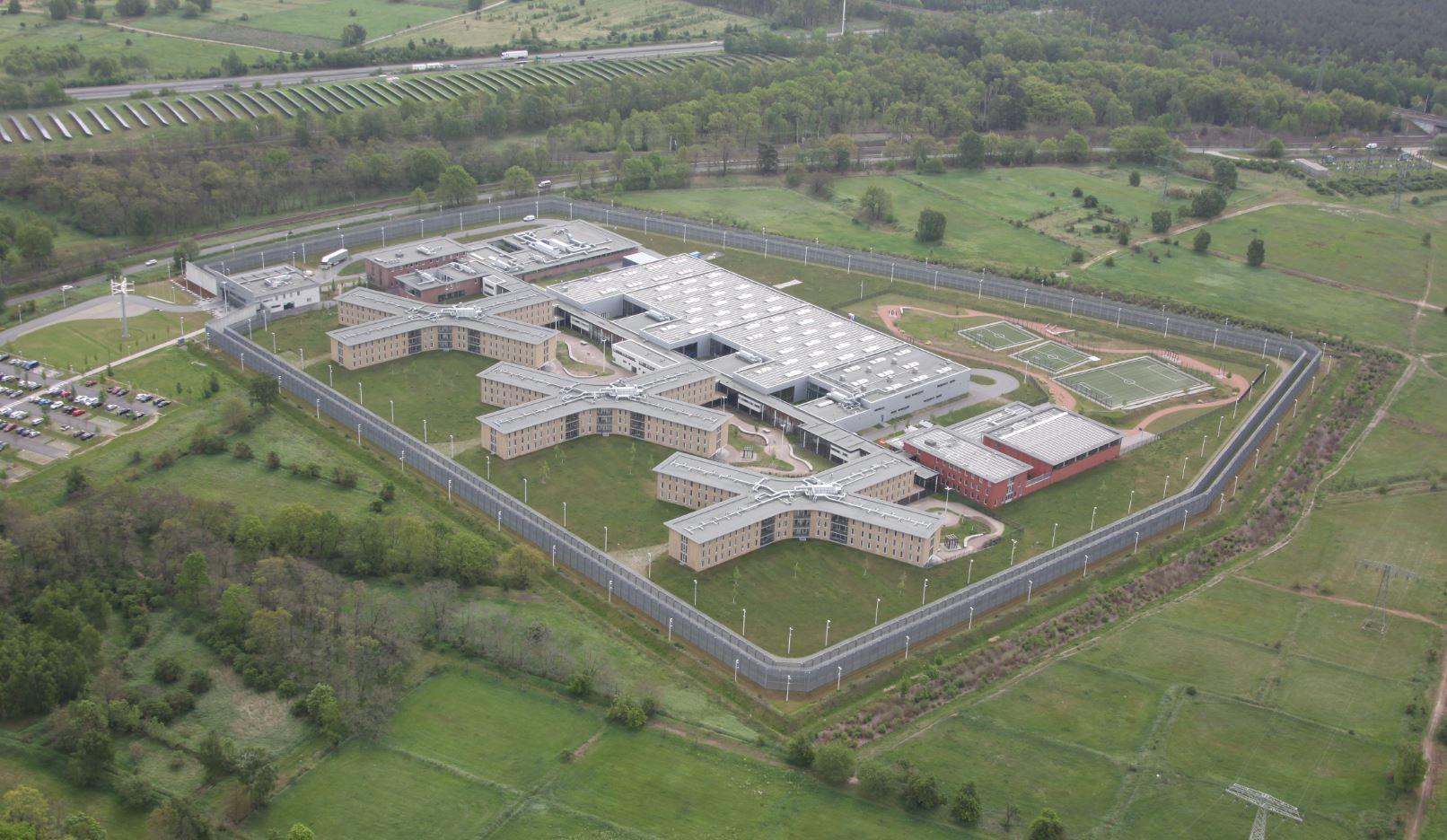Prison Architecture – Use of Space and Everyday Experience in a Berlin Prison
The research interest of the ethnographic study concerns the perception of prison architecture as well as the practices of space use and space appropriation by prisoners and staff in a Berlin correctional facility.

- Heidering Prison
Management: Andreas Kratz
The object of the research is the spatial conditions of the penal system in the migration society. These are investigated through qualitative surveys in a recent Berlin correctional institution, the JVA Heidering. The methodological approaches include participant observations in everyday prison life, narrative and episodic interviews as well as group discussions.
The research objective is to gain in-depth insights into the significance of prison architecture for prisoners and staff and related needs. The research interest concerns the following questions:
- What social practices of space use and appropriation are formed in the spaces in the prison?
- What needs and assessments do the different prisoners and staff members express and show with regard to the design of the space and the possibilities for using the space?
On the one hand, the findings should provide an empirical basis for improving everyday prison life and (in the long term) the resocialisation of prisoners and, on the other hand, generate insights for future new prison buildings.
Project staff
Project management

Prof. Dr. Friederike Lorenz-Sinai
Research assistant
Dr. des. Hanne Balzer